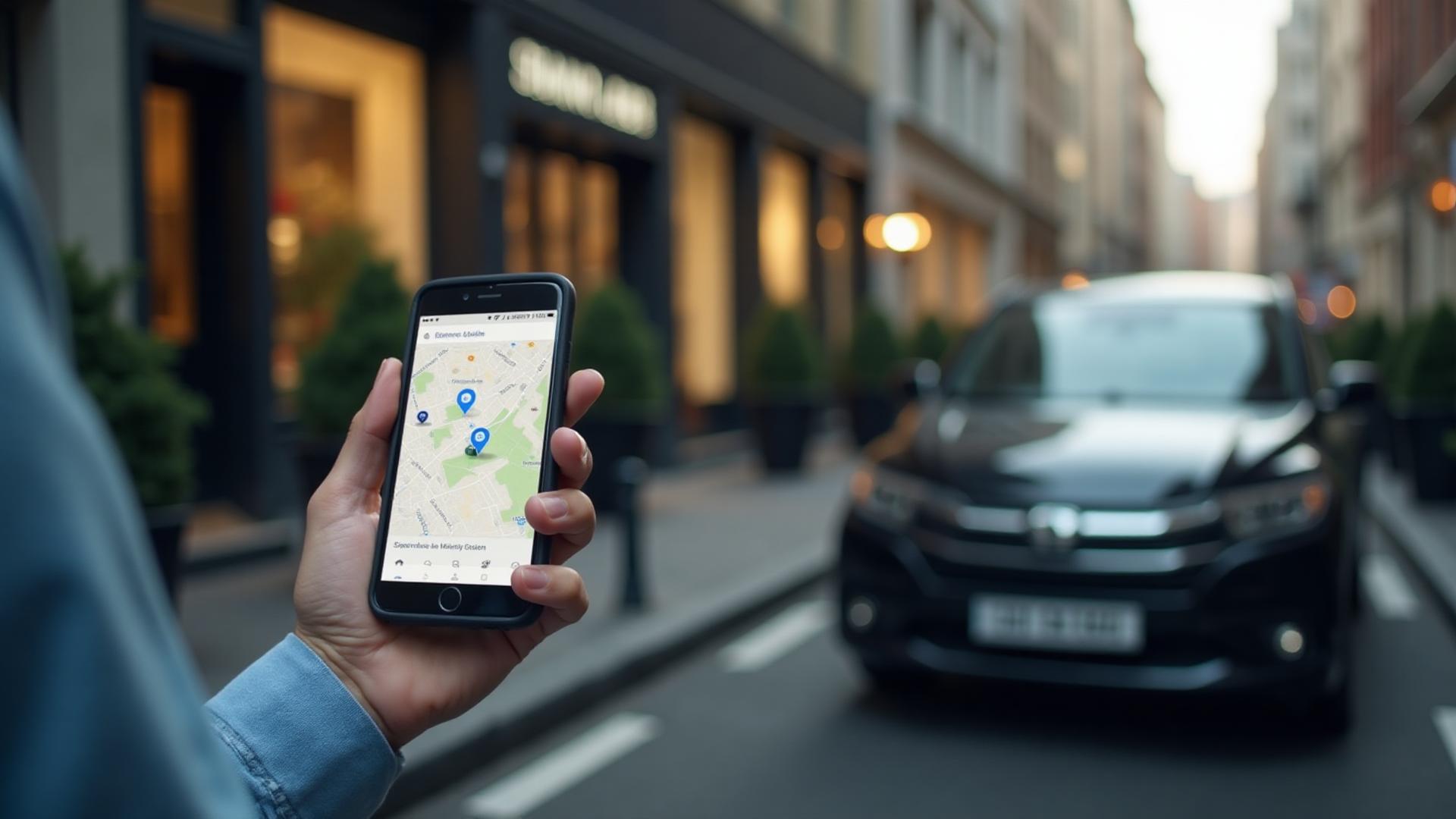In mid-2010, Uber launched with just 3 cars in San Francisco, an invite-only iPhone app, and a CEO who personally texted drivers to coordinate rides. This "Wizard of Oz" MVP—where humans manually handled what appeared to be automated—validated that people would indeed tap a button to summon a ride and pay via smartphone. By starting hyper-local and proving the concept city by city, Uber built the playbook for marketplace MVPs before scaling to become a global transportation giant.
The MVP: A Button, 3 Cars, and Manual Magic
Initial Product (Mid-2010)
- • Ultra-minimal iPhone app called "UberCab" – One core feature: tap to request a black car ride
- • Invite-only access – Users needed email invitation codes; not available in App Store publicly
- • Just 3 cars in San Francisco – Started with tiny supply to test demand without infrastructure investment
- • Manual dispatch behind the scenes – CEO personally called/texted drivers to coordinate rides initially
- • Basic design/UI – Extremely simple interface with no real-time tracking, splitting, ratings, or ETA initially
- • Credit card on file – Core innovation: cashless payment
Why This MVP Worked
Solved One Concrete Pain: The frustration of hailing traditional cabs in cities. Uber didn't try to reinvent transportation—they focused solely on making "get a ride" effortless.
Wizard of Oz Approach: The app created the illusion of a fully automated service while humans managed logistics manually. This let them deliver the customer experience without building complex dispatch systems upfront—keeping costs low while testing demand.
Hyper-Local Start: Launching in just one city (SF) with a handful of cars meant they could iterate quickly, gather feedback directly from early users, and prove the model before expanding.
Exclusivity Created Buzz: Invite-only access made people curious and eager to try UberCab, generating word-of-mouth marketing without advertising spend.
Ready to Build Your Marketplace MVP?
Apply Uber's playbook: start hyper-local, use manual processes to validate, then scale city by city.
